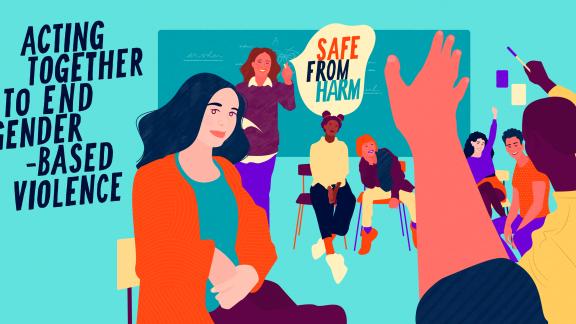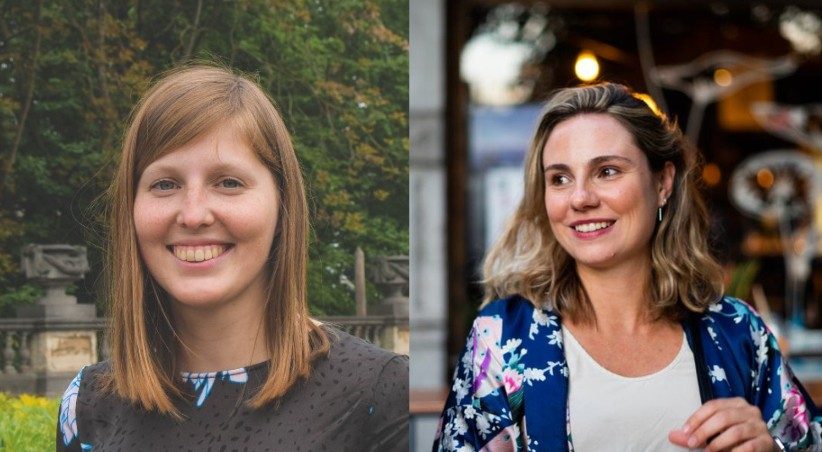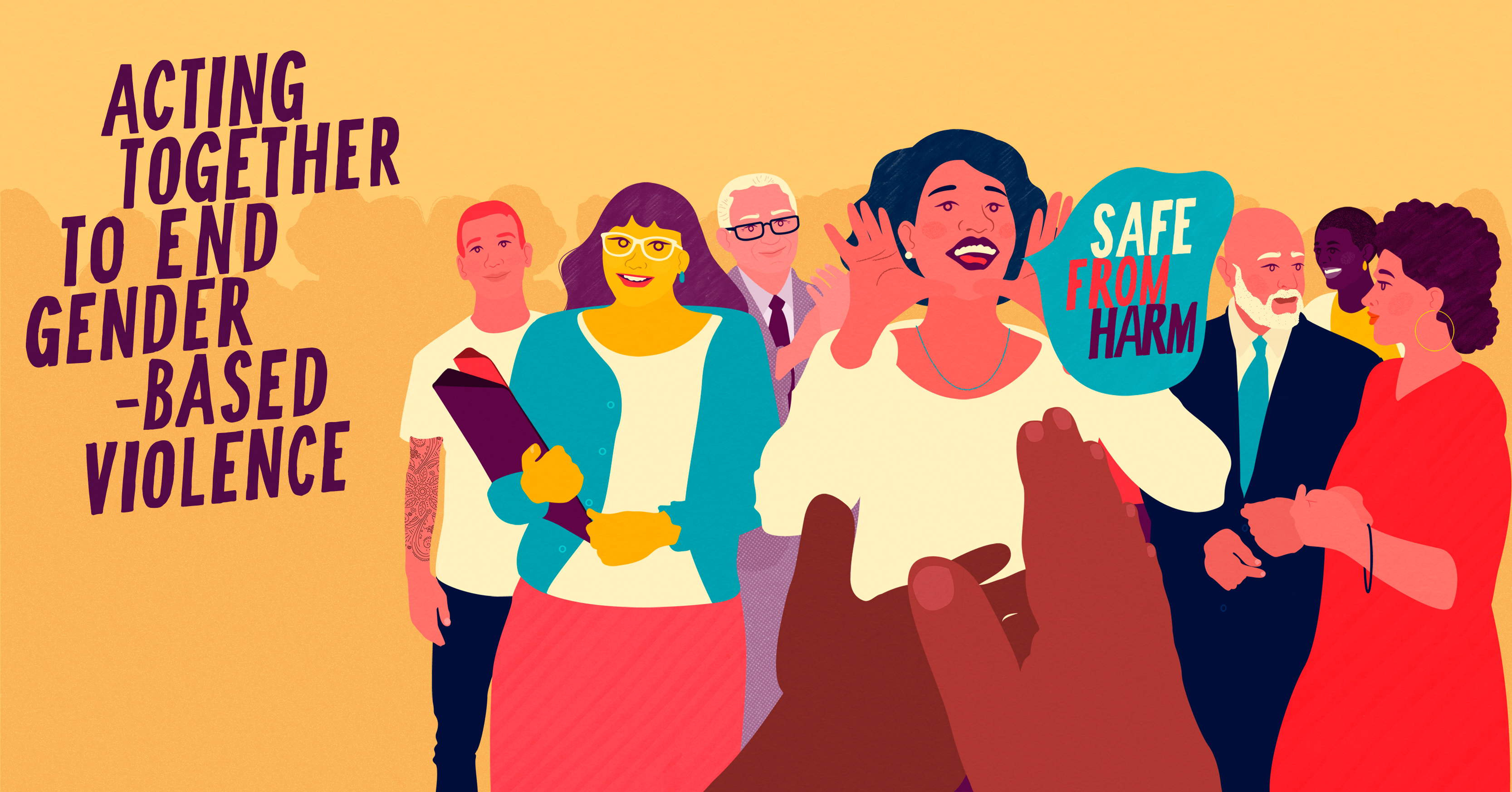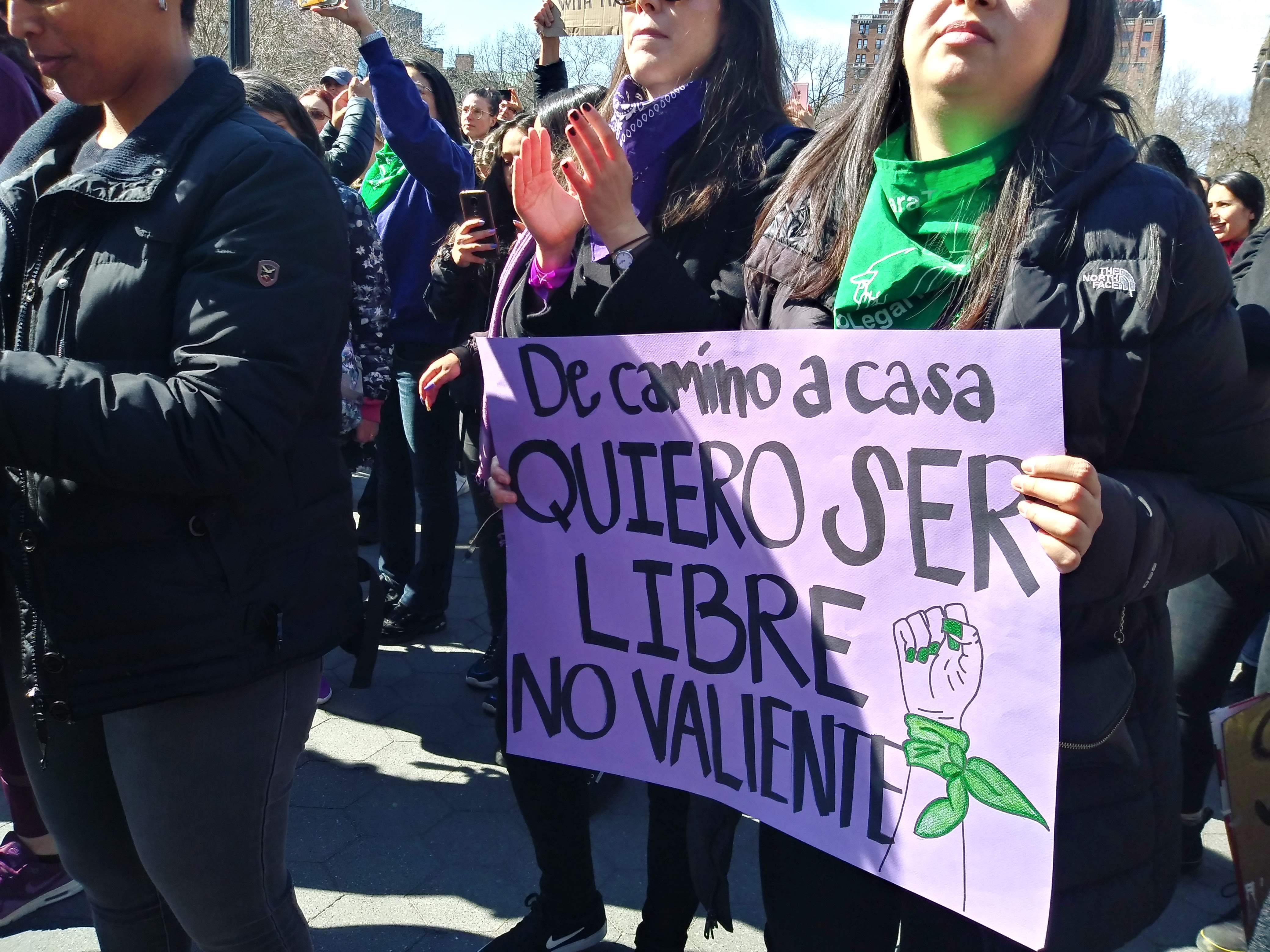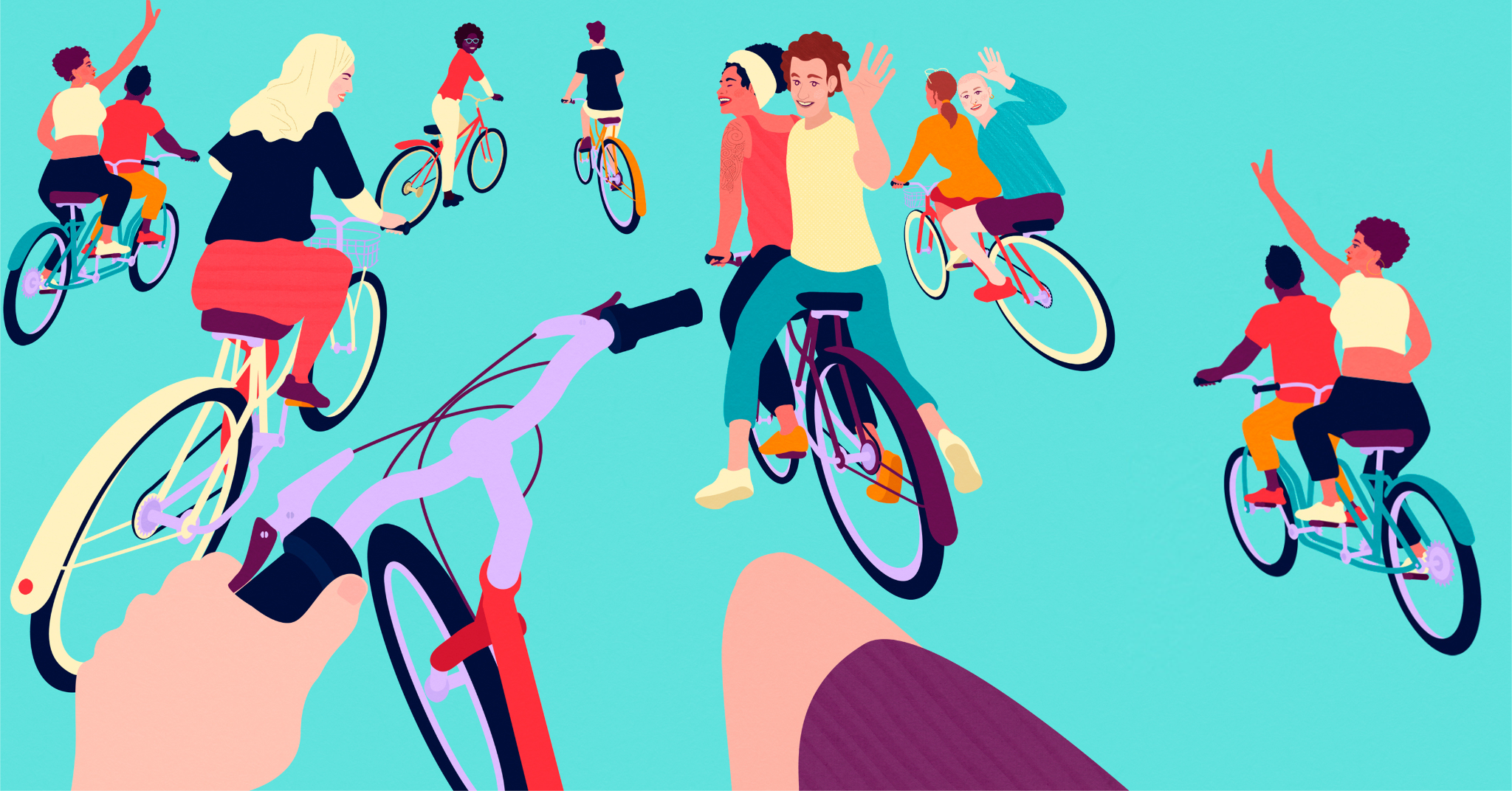Recognising young people’s sexual lives
Sexual contact between young people is no longer stigmatised under the new law, which Julia says allows for a clearer distinction between positive and problematic sexual interactions. Under the legislation, ‘sexual development between peers’ means a teenager between the ages of 14 and 16 can engage in consensual sex with someone no more than three years older. 16 to 18-year-olds can now send consensual nude images to other 16 to 18-year-olds. The dissemination of non-consensual images is criminalised for all ages.
The law makes it easier to teach young people about boundaries and consent, especially for those under the age of 16, as previously, it was illegal for them to have sex.
‘We always talk about consent and communication, like how do you know if someone wants this and how do you handle it if someone turns you down? Prevention is key. We want this law to be used as little as possible and sexuality education can help with that,’ Heleen says.
Going forward, Sensoa is advocating for a government audit of comprehensive sexuality education in schools to see what is being taught: ‘There is a huge difference across schools, some still teach solely about procreation with a very heteronormative viewpoint. We want to ensure everyone, including LGBTIQ young people, have a positive experience and feel included,’ says Heleen.
The law is symbolic of shifting cultural ideas on gender equality. Spurred by the ‘Me too’ era, it underscores everything Sensoa does in prevention work. Nowadays, organisations across various sectors from universities to sports clubs are compiling sexual violence prevention policies. Although Heleen and Julia underline there must also be other elements making up a system to create change like support, training and safe spaces. Sexual violence in all its forms, including sexting and so-called ‘revenge porn’, should be part of training for a range of professionals from health practitioners to the judiciary and police force.
Legislation alone can’t change societal and cultural attitudes overnight. Yet, Belgium’s new law sends a clear message that rape culture will not be tolerated and goes a long way to ensure that consent is at the forefront of conversations about sex.
Check out our #SafeFromHarm campaign to find out more about the legal and policy measures IPPF EN wants to see prioritised in the fight againt gender-based violence in the European Union.
Interview by Dearbhla Crosse. Photo credit Heleen Heysse & Julia Day.
***

This campaign is funded by the European Union through the Citizens, Equality, Rights and Values Programme.
Disclaimer: Views and opinions expressed are those of IPPF EN and do not necessarily reflect those of the European Union or the European Commission. Neither the European Union or the European Commission can be held responsible for them.








